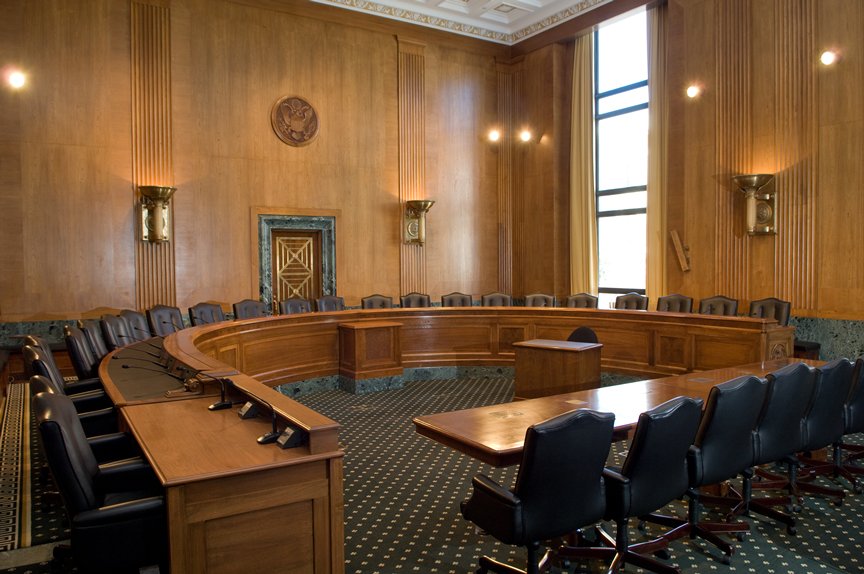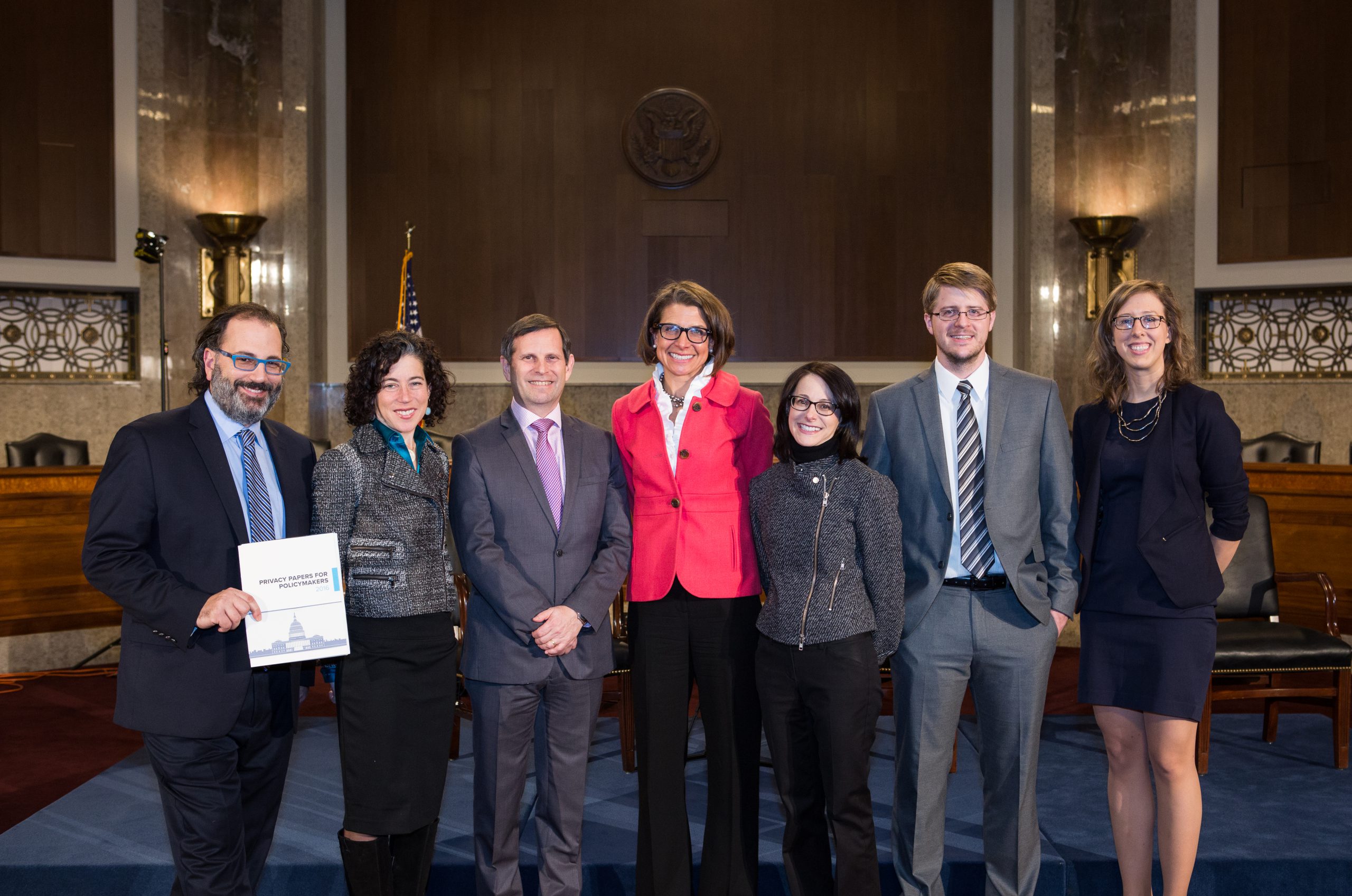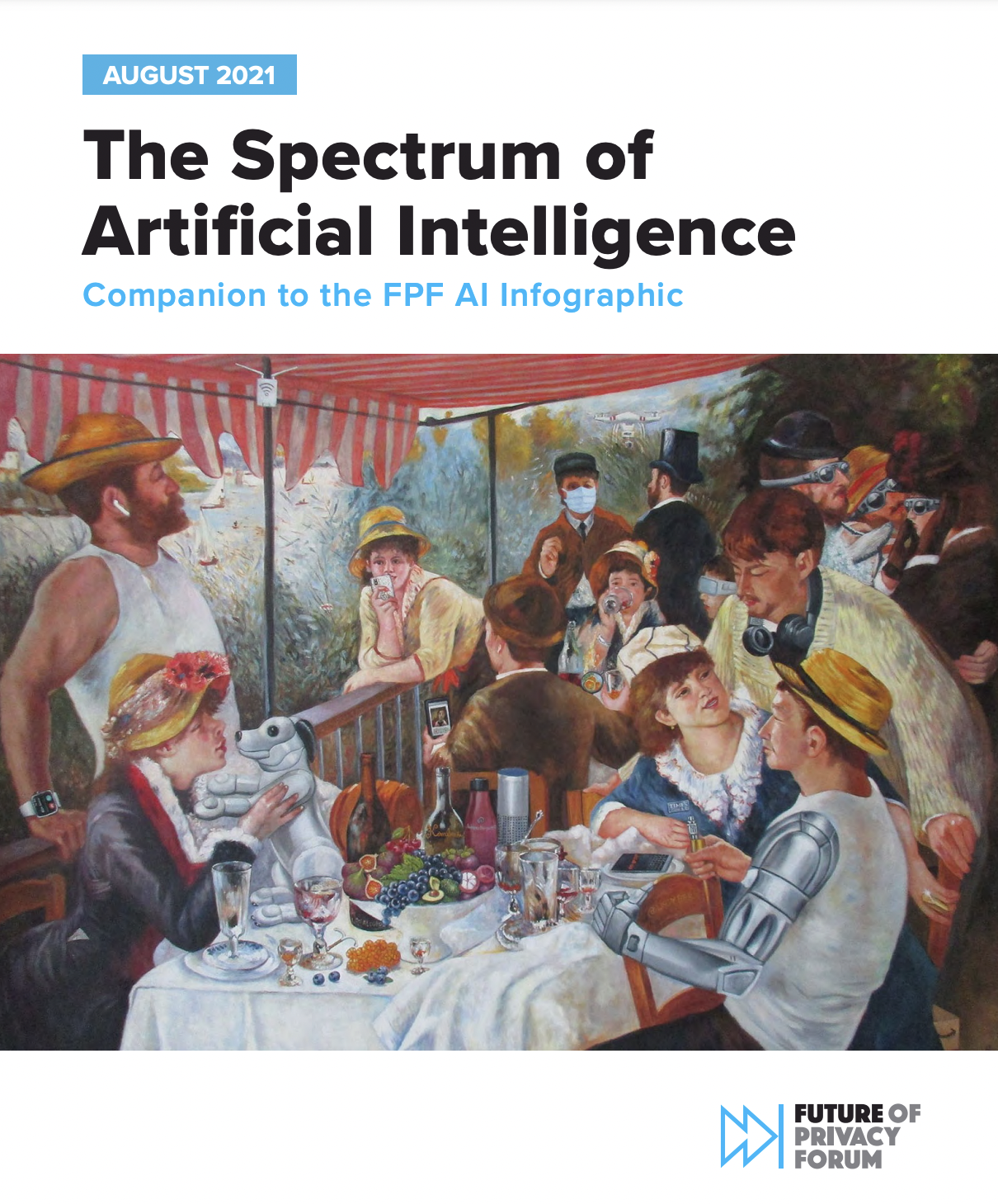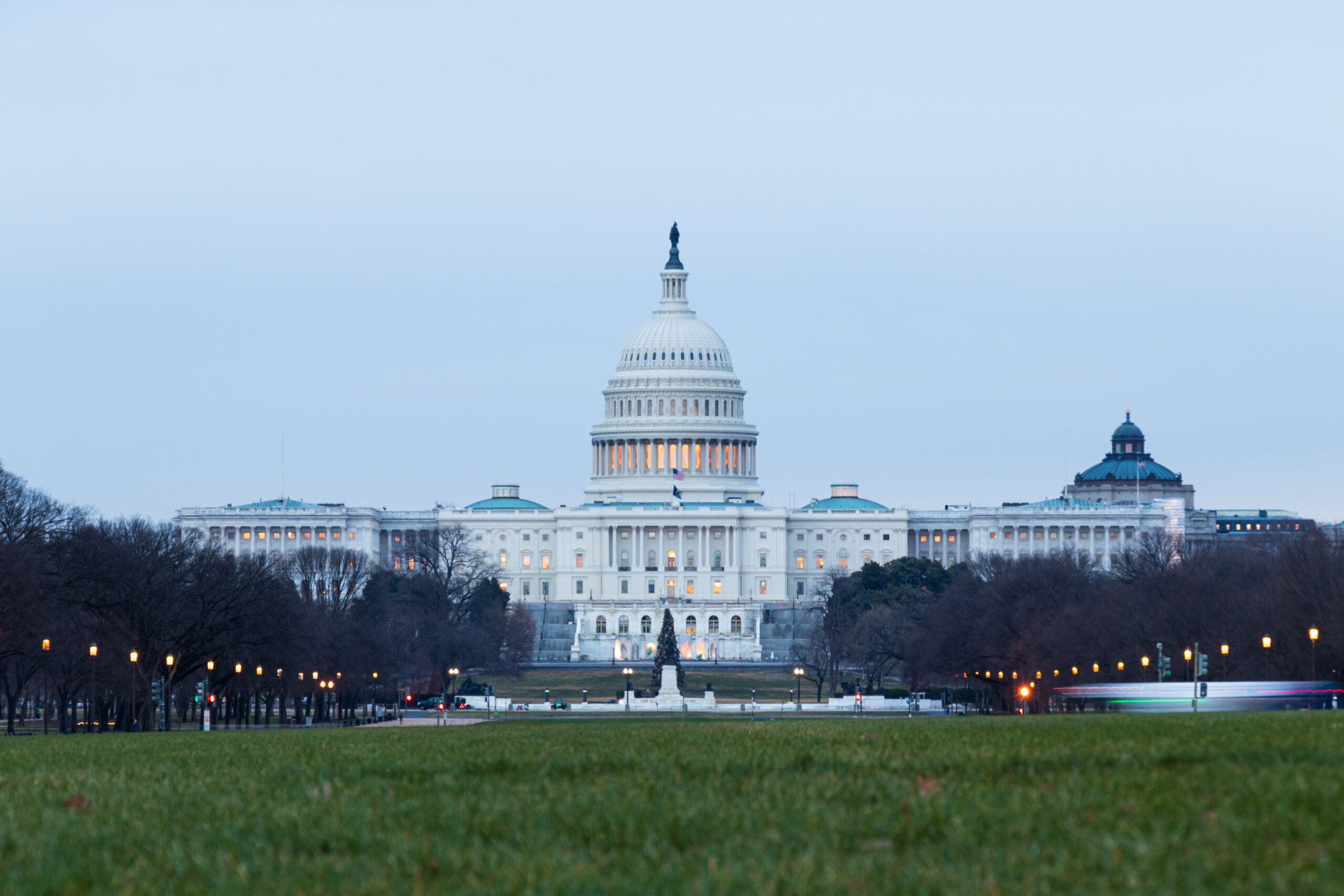FPF’s Stacey Gray Testifies Before Senate Finance Committee Regarding Data Brokers, Urges Congress Pass a Comprehensive Federal Privacy Law
Today, Future of Privacy Forum Senior Counsel Stacey Gray testified before the U.S. Senate Finance Subcommittee on Fiscal Responsibility and Economic Growth regarding consumer privacy in the technology sector. Stacey’s testimony explains that the term “data brokers” typically encompasses a wide variety of companies and business practices that use personal information for different purposes, some […]
Call for Nominations: 12th Annual Privacy Papers for Policymakers
The Future of Privacy Forum invites privacy scholars and authors with an interest in privacy issues to submit finished papers to be considered for FPF’s 12th annual Privacy Papers for Policymakers Award. This award provides researchers with the opportunity to inject ideas into the current policy discussion, bringing relevant privacy research to the attention of the U.S. […]
The Spectrum of AI: Companion to the FPF AI Infographic
This paper outlines the spectrum of AI technology, from rules-based and symbolic AI to advanced, developing forms of neural networks, and seeks to put them in the context of other sciences and disciplines, as well as emphasize the importance of security, user interface, and other design factors.
Uniform Law Commission Finalizes Model State Privacy Law
This month, the Uniform Law Commission (ULC) voted to approve the Uniform Personal Data Protection Act (UPDPA), a model bill designed to provide a template for uniform state privacy legislation. After some final amendments, it will be ready to be introduced in state legislatures in January 2022. The ULC has been engaged in an effort […]
What the Biden Executive Order Means for Data Protection
Last week, President Biden signed an Executive Order on “Promoting Competition in the American Economy” (“the Order” or “the EO”), published together with an explanatory Fact Sheet. The Order outlines a sweeping agenda for a “whole of government” approach to enforcement of antitrust laws in nearly every sector of the economy. Although there is a […]
Lessons for a Federal Private Right of Action in US Privacy Law after TransUnion LLC v. Ramirez
In June 2021, the Supreme Court handed down TransUnion v. Ramirez, 594 U.S. ___ (2021), its latest decision concerning Article III standing, which determines a plaintiff’s eligibility to sue in federal court. Even when a federal law expressly creates a private right of action to enforce a federal right or other violation of the law, […]
Navigating Preemption through the Lens of Existing State Privacy Laws
This post is the second of two posts on federal preemption and enforcement in United States federal privacy legislation. See Preemption in US Privacy Laws (June 14, 2021). In drafting a federal baseline privacy law in the United States, lawmakers must decide to what extent the law will override state and local privacy laws. In […]
Preemption in US Federal Privacy Laws
As federal lawmakers consider proposals for a federal baseline privacy law in the United States, one of the most complex challenges is federal preemption, or the extent to which a federal law should nullify the state laws on the books and the emerging laws addressing the collection and use of personal information. Many recognize the […]
Colorado Privacy Act Passes Legislature: Growing Inconsistencies Ramp Up Pressure for Federal Privacy Law
Today, the Colorado Senate approved the House version of the Colorado Privacy Act (SB21-190) that passed yesterday, on June 7. If approved by Governor Jared Polis, Colorado will follow Virginia and California as the third U.S. state to establish baseline legal protections for consumer privacy. “Although the Colorado Privacy Act contains notable advances that build […]
Privacy Trends: Four State Bills to Watch that Diverge from California and Washington Models
During 2021, state lawmakers have proposed a range of models to regulate consumer privacy and data protection. As the first state to pass consumer privacy legislation in 2018, California established a highly influential model with the California Consumer Privacy Act. In the years since, other states have introduced dozens of nearly identical CCPA-like state bills. […]








